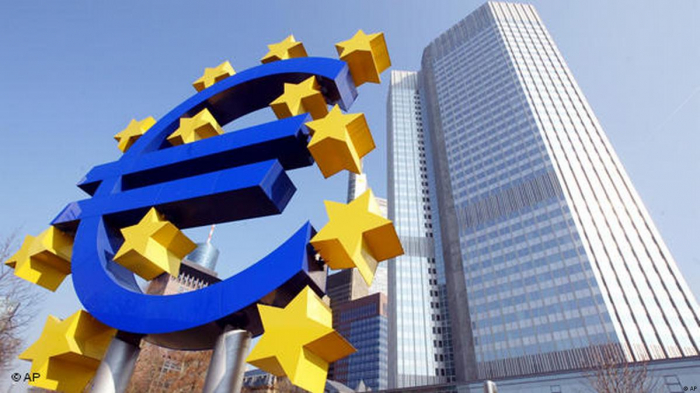Eurozone cuts interest rate for first time in 5 years

The European Union has become the second major economy this week to reduce its lending rate, indicating progress in addressing inflation. The European Central Bank (ECB) cut its main interest rate from a record high of 4% to 3.75%, following Canada’s decision to lower its official rate on Wednesday. This decision coincides with EU-wide elections, reflecting public discontent over living costs.
ECB President Christine Lagarde stated that the inflation outlook has significantly improved, allowing for the rate cut. However, she cautioned that inflation would likely remain above the 2% target “well into next year,” averaging 2.5% in 2024 and 2.2% in 2025. Lagarde emphasized that the ECB would maintain a restrictive interest rate policy as needed to achieve the 2% target, without committing to a specific rate trajectory.
Lindsay James, investment strategist at Quilter Investors, noted that the rate cut was anticipated but still a relief for European consumers and businesses. She mentioned that the ECB’s move precedes potential cuts by the Bank of England and the US Federal Reserve, providing needed economic stimulus.
Despite a slight increase in inflation in May to 2.6% from 2.4% in April, the ECB decided to reduce rates. This follows Canada’s reduction from 5% to 4.75% after their inflation fell to 2.7%. Sweden and Switzerland have also made similar rate cuts.
Lagarde provided a positive economic outlook for the eurozone but warned of challenges such as geopolitical tensions and climate-related risks that could impact growth. Katherine Neiss, chief European economist at PGIM, expressed confidence in further ECB rate cuts over the summer or autumn, potentially lowering eurozone rates to 3.5% or less by year-end. She cited sluggish economic recovery, slowing inflation, and easing wage growth as justification for additional cuts.
In the UK, speculation exists that the Bank of England might reduce rates as early as this month, with inflation down to 2.3% from its peak over 11% in late 2022. The International Monetary Fund recommended cutting UK rates from 5.25% to 3.5% by year-end. However, George Godber from Polar Capital suggested that the upcoming UK election could complicate the Bank’s rate decision on June 20, as political considerations might influence the outcome.
The US Federal Reserve is also expected to reduce rates soon, with the current US inflation rate at 3.4%. Godber predicted that the Fed would act before the November election.
Picture Courtesy: Google/images are subject to copyright
